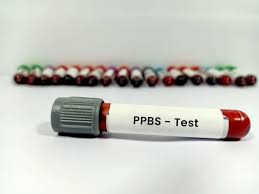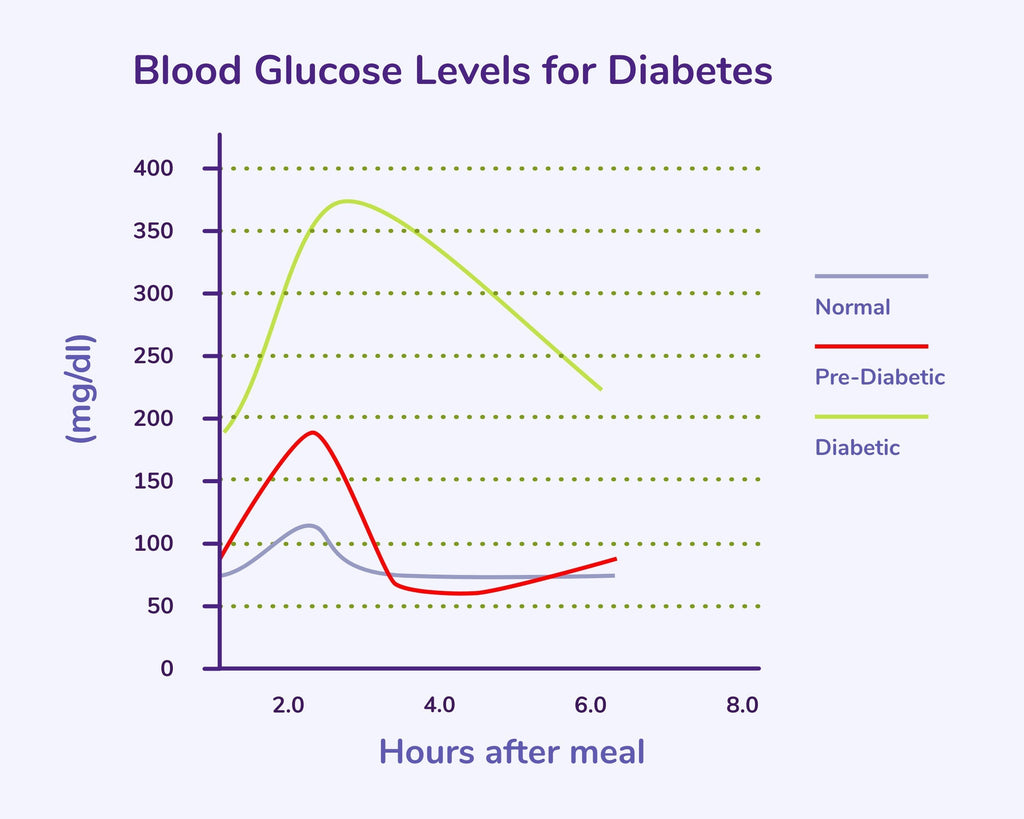
What is a dangerous heart rate? How do I manage heart rate?
A dangerous heart rate can be anywhere between 120-140 bpm. At this rate there may be some issue present that may be causing this high of a heart rate. However, it is important to note that a heart rate that is too low can also be termed dangerous, which is below 60 bpm.
Generally, anything above 100 beats per minute for your heart rate is considered too high. Your heart rate is considered to be in serious levels at 120 bpm or above. Your maximum heart rate and your resting heart rate can be tested to check for your baseline and stress-related levels.
Reasons for dangerous high heart rate
You may have Tachycardia which can lead to symptoms related to higher heart rate, inability to bring heart rate to normal levels, issues with breathing, etc.
Health condition
There may be a health condition that can cause issues with a higher heart rate. You can get a complete health check-up done when you are suspecting that your heart rate may be too high.
High stress
Periods of high stress can impact your heart rate over time. You can reduce your stress levels by opting for stress management strategies, such as meditation, yoga, outdoor walking, etc.
Hormonal reasons
You can have issues with your hormones, especially with hyperthyroidism, catecholamines, endothelin, gluco-corticosteroids, which can lead to higher heart rates.
High blood pressure
Some individuals with high blood pressure can experience issues with a dangerous heart rate. You may have to monitor your medication and your heart rate regularly so that you're able to prevent symptoms.
Anaemia
Anaemia can lead to issues with a higher heart rate, which is why getting your iron levels tested regularly will be key.
Core factors for low heart rate
These are some of the core factors for a low heart rate level. You should always consult with a doctor before getting any medication or starting any new intervention. You can also get your heart rate regularly checked.
Side effect of medication
There are some medications that can have a side effect of a low heart rate. A heart rate is too low at lower than 60 bpm, and the normal resting heart rate should be tested when medication is introduced.
Imbalance of hormones
In some cases a low thyroid levels can impact the heart rate. Hypothyroidism and other issues with your hormones can have an impact on your heart rate.
Sleep related issues
In some cases sleep apnoea can lead to issues with low heart rate, as well as issues with proper recovery. You may experience dizziness, weakness, and issues with proper health management when there is sleep apnoea present.
Cardiac issue
There may be damage or other issues present within the heart valves, which may cause problems with heart rate management. Your heart may be beating too slow as a result of this. Bradycardia is one of the reasons why this may happen.
How to balance heart rate
While it is important to know what is a dangerous heart rate, it is also vital to understand how to balance it. You should know how to bring your heart rate back to normal levels through the right strategies.
Treating the condition
You can treat the condition which can help in reducing the high heart rate issue. You can issues with heart valve functioning, low blood pressure, fever, anaemia, dehydration, or other conditions that may require interventions.
Nutrition
You can improve your nutrition value by focusing on the right types of foods. You can have cooling foods as well as foods that are higher in omega-3s. These can help with heart rate regulation to some extent.
Lower stress
You can lower your overall stress levels to improve your heart rate levels. You can also focus on deep breathing to help improve your cardiovascular functioning. Activities, such as meditation, yoga, etc. can help significantly.
Remove alcohol and smoking
You can remove alcohol, smoking, and other habits to reduce toxins exposure, as well as enhance sleep and recovery. These can positively impact the heart rate significantly, giving you more balance in your overall functioning.
Treat hormone condition
If you have a hormonal condition or a general issue with hormonal management, then getting that treated can help your heart rate as well. You can get a complete body check-up done to know more about your levels.
* * Medical Disclaimer - The following information is for educational purposes only. No information provided on this website, including text, graphic, and images, are intended as substitutes for professional medical advice. Please consult with your doctor about specific medical advice pertaining to your condition(s).






